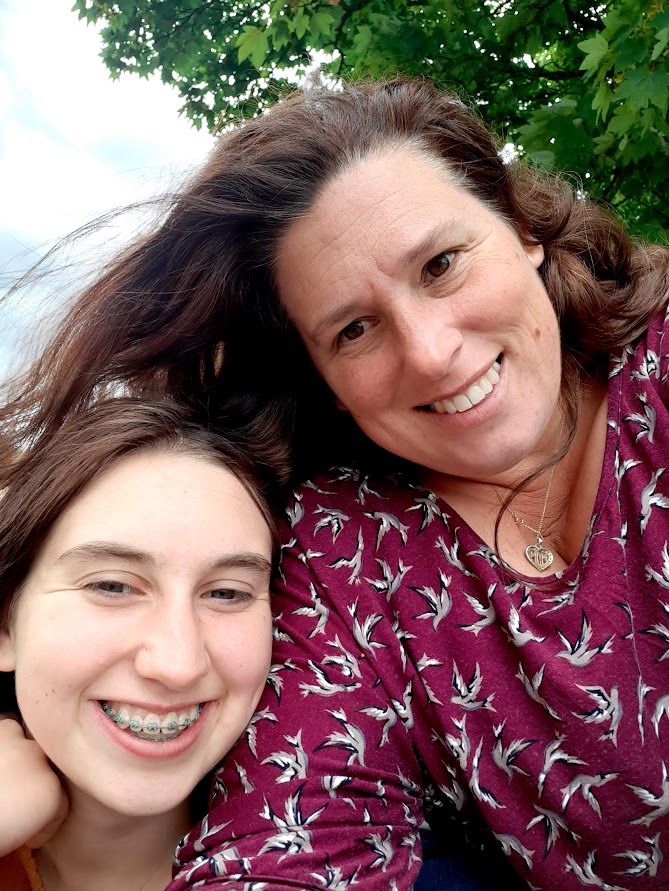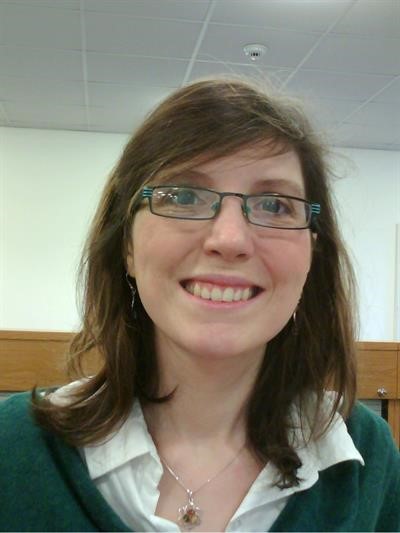Bereaved families and autism experts say a new partnership between two specialist charities will help to save lives.
PAPYRUS Prevention of Young Suicide and Autism Action have announced they are collaborating to help promote greater awareness of the issues facing autistic people and to ensure more is done to keep them suicide-safe.
Alarming figures show one in three autistic people have considered suicide while one in four have attempted to take their own lives.
Bereaved mother Sharren Bridges from Surrey, who lost her teenage daughter to suicide in 2021, welcomes the new charity partnership between PAPYRUS and Autism Action.
“I am one hundred per cent behind this collaboration. There needs to be more joined-up thinking and greater working together if we are going to prevent other families losing loved ones who may think they are worthless when they are unbelievably precious, amazing and so loved,” she said.

An inquest concluded her 17-year-old daughter Jen Bridges-Chalkley, who had been diagnosed as autistic, took her own life after being denied the professional clinical support and care she needed.
“There are still inquests being held into children’s suicides since Jen died. More children have tried to take their own lives and thankfully failed. Meanwhile, the waiting lists have got longer and the pressures on young people have got bigger, which is devastating.
“It’s still happening and it’s not going away,” added Sharren.
Suicide or deliberate self-inflicted harm is the most common category of death in autistic children without a learning disability accounting for 35% of deaths compared to 14% of non-autistic children.
(Source: The Learning from deaths: Children with a learning disability and autistic children report, published by the National Child Mortality Database (NCMD), analyses the deaths of all children aged between the ages of four and 17 in England between April 2019 and March 2022)
Ged Flynn, Chief Executive of PAPYRUS, says the charity’s confidential HOPELINE247 service is already a lifeline for many autistic young people and their worried families.
“We know that a high proportion of our calls, texts, emails and webchats are with children and young people who are neurodivergent or mention autism or ADHD.
“It is a positive that they are finding the courage to reach out to us for professional help and support.
“As part of the new partnership with Autism Action we will be looking at our existing services and resources, see how accessible and autism-specific they are and where we can develop and improve what PAPYRUS has to offer.
“There is overwhelming evidence that autistic people are at a greatly increased risk of suicide and I am delighted that this important collaboration will allow both charities to do more and shout louder to help save lives,” he said.
Tom Purser, CEO at Autism Action, says his charity is committed to tackling issues that really matter to autistic people, do things differently, challenge the status quo and campaign for progress and change.
He said: “Right now there is no national autism-specific or autism-adapted crisis service. When autistic people experience suicidality and reach out for help they have no way of knowing if the person on the other end will understand the unique challenges that autistic people face. We at Autism Action are committed to doing everything we can to change this.
“PAPYRUS is a fantastically inspiring charity and we know they are already saving so many lives of young people experiencing suicidality. The opportunity to partner with them and use our groundbreaking research and insights, and the experiences of our community of autistic people and families, to shape their services and make them even better is incredible.
“At a time where there is growing need for support and so much pressure on services it is critical that charities come together, collaborate and work out the best ways to help those in need. Together we can help save the lives of autistic people.
“Our priority now is to get funding so that we can work together to improve crisis support for autistic people and then replicate the model with other mental health charities.”
Dr Rachel Moseley, Principal Academic in Psychology at Bournemouth University, helped to lead a major survey involving more than 4,000 autistic people and more than 500 of their supporters, focussing on suicidality, self-injury and mental health.
Dr Moseley, who is herself autistic with lived experience of suicide, describes the new charity partnership as “exceptionally positive” in helping to tackle the issue of suicide in autistic people from many different angles.
She said: “The work that PAPYRUS does catches people at crisis point and Autism Action are also doing all these other things which tap other levels of suicide prevention, such as addressing systemic issues which lead people to crisis point over the longer-term.
“Autistic people say that suicidal feelings very often come from not being taken seriously, from being marginalised, excluded, victimised and invalidated. They say that when they try to seek help from doctors or social care, they are not taken seriously and that makes them less likely to seek help again.”
For practical, confidential suicide prevention help and advice, please contact PAPYRUS HOPELINE247 on 0800 068 4141, text 88247 or email pat@papyrus-uk.org


